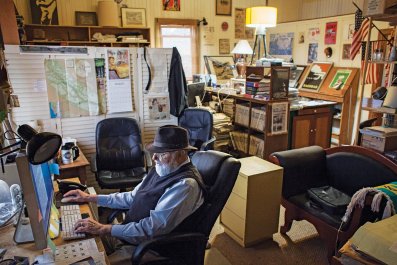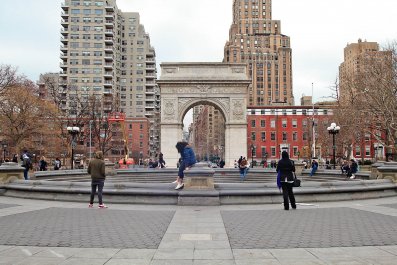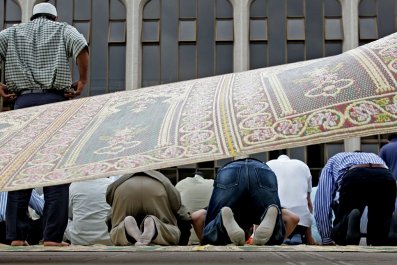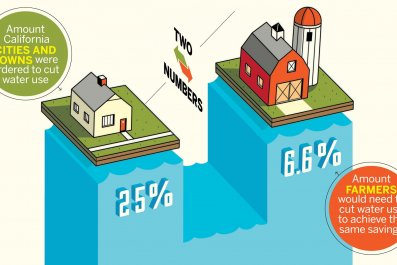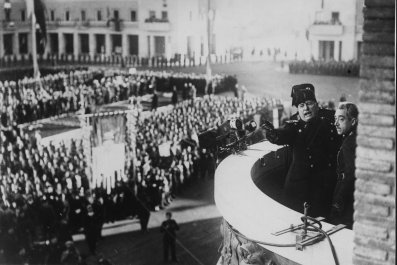Clarity tends not to be the defining quality of much scholarly literary criticism. Particularly in the theoretical disputes of recent decades, academia has often put difficulty above elegance. This is not the case, however, with British--born critic, novelist and Harvard academic James Wood. His new book of conversational essays – as illuminating in their quiet sophistication as they are revealing about Wood himself – explores how religion, death and exile might be marshalled to think through aspects of the literary.
For Wood, "the good critic has an awareness that criticism means, in part, telling a story about the story you are reading". In this spirit, he interweaves readings of authors as various as Chekhov, Sebald and Penelope Fitzgerald with a thread of memoir about his Durham childhood and experience of migrating to America, where he has lived since 1995. His thoughts on the consequences of this migration offer the book's most moving and suggestive moments.
In a deeply felt meditation on being out of place, Wood observes the street on which he lives in Boston and feels "recognition, but no comprehension, no real connection, no past". This is frequently the experience of one so displaced, whether by choice or necessity: without warning we find ourselves ambushed by a panic of disconnection. Then, as Wood puts it, "ordinary life closes itself around what had seemed, for an instant, a desperate lack", and one continues as usual, nonetheless remaining – to some degree – a stranger.
Wood proposes the neologism homelooseness to describe his inhabiting of "a structure of departure and return that may not end". Through a reading of Edward Said, he argues that such homelooseness cannot claim the transcendental prestige of exile, but is "marked by a certain provisionality".
Where exile is "acute, massive, transformative", homelooseness "can be banal, welcome, necessary, continuous". We who are homeloose continue to come and go.
In Sebald's The Emigrants, he finds an acknowledgement of "the difference … between homelooseness and homelessness", an understanding that one person may find their own experience of loss inadequate compared with the real sufferings of others. For Wood, coming to understand that what once seemed a small choice – to leave home – was instead a large one, might be what "constitutes a life". Ultimately he arrives at the imponderable question that all who decide to displace themselves must ask: whether one has, in the end, made the right choice.
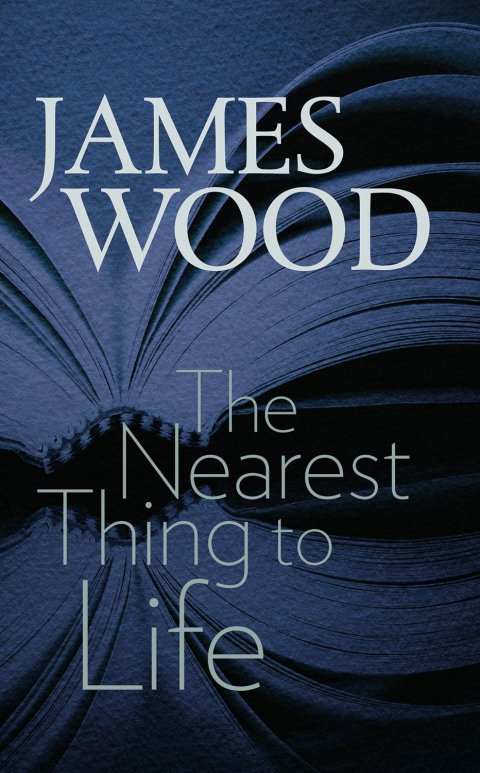
The Nearest Thing to Life
by James Wood Jonathan Cape (£12.99)









